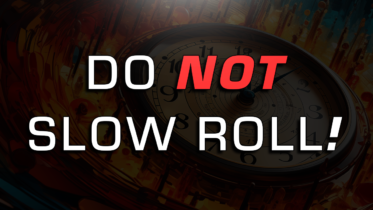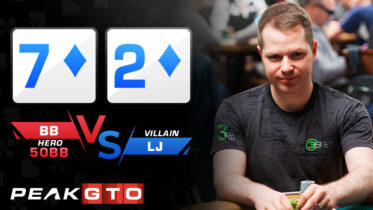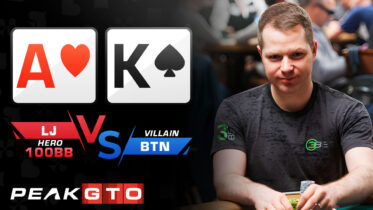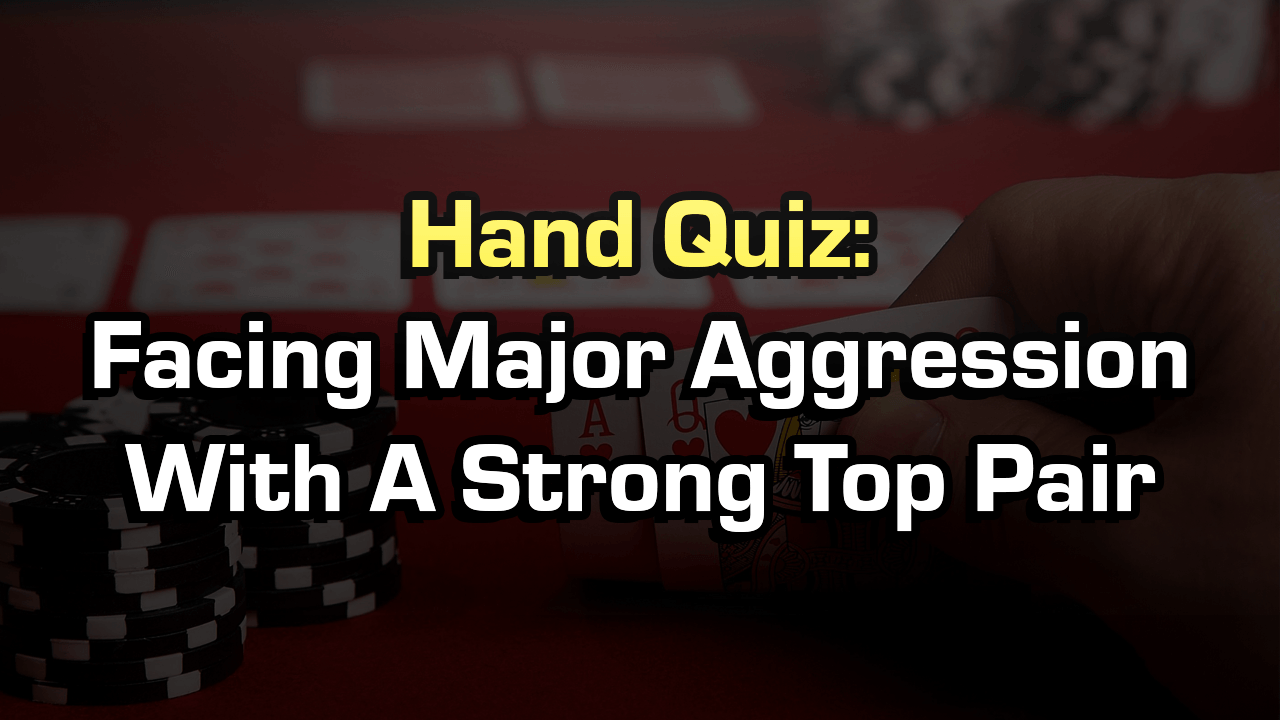If you first encountered poker from movies like James Bond, there is a good chance that some of the things you saw on screen were wildly unethical but presented in a good light by the moviemakers. This is particularly true of slow rolling in poker.
While TV poker is all about showing off the bravado of the hero and the cheating tendencies of the villain, real-world poker is quite a bit different.
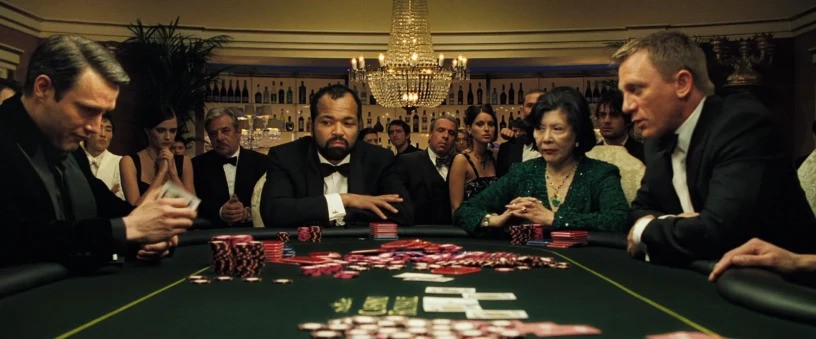
When played in regulated environments like casinos, poker is a game with a series of written rules, but also many unwritten rules of etiquette that players should follow but are not obligated to follow under the laws of the game.
One of the biggest and most common breaches of poker etiquette comes in the form of a slow roll, a move typically only made by a handful of experienced poker players who don’t obey proper etiquette and some recreational players who don’t know what a slow roll is and why they should not do it.
If you are not sure about slow rolling and would like to learn more about it, keep reading to learn what a slow roll is and why you should avoid slow rolling your opponents.
What Is a Slow Roll In Poker?
Before we can discuss the specifics of why slow rolling is poor etiquette, we need to teach you what a slow roll is.
Generally speaking, you are slow rolling your opponent if you take your sweet time making a call with a hand you know 100% to be best or a hand you know you will never fold when there is no further betting to be done.
Furthermore, a slow roll can occur anytime there is a showdown, and the player in position knows they have the best hand but decides to wait and pretend like their opponent might have beaten them.
Most commonly, the player in position will call with the absolute nuts or a hand that is very close to the nuts, but instead of turning it over, will wait for their opponent to turn over their cards.
Even worse, the player who is supposed to show their cards first at showdown may sometimes stall and pretend like they have a weak hand, only to reveal their cards after some period of stalling.
Slow rolling serves no strategic advantage, as it is done after all betting is finished and is typically used by players to aggravate their opponents and provoke angry reactions, which goes against the etiquette of the game.
Am I Allowed to Slow Roll in Poker?
There is only one short answer to this question, and that answer is YES. You are 100% allowed to slow roll your opponents in the game of poker.
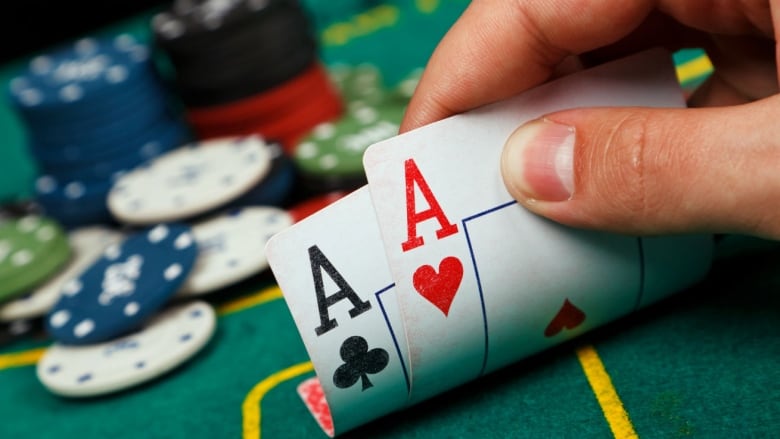
There is no official rule anywhere in the world that prohibits slow rolling in poker simply because the concept itself is very hard to define.
What’s even more, slow rolling is usually done within the technical rules of the game, so the player cannot be punished for simply “following the rules.”
For instance, imagine you are sitting on the dealer button, holding quad Jacks on the board of JJA97. On the river, your opponent goes all-in, and you know you have the best hand.
Instead of snap-calling, you take about a minute or so before finally putting your chips into the pot. You then take your time and allow your opponent to table their hand. In this case, the opponent tables AA for Aces-full, a hand they believe must be good considering the time you took to make the call.
To make things even worse, you sigh deeply, shake your head in disbelief, and take about 20 seconds before turning over JJ, the absolute nuts and the winning hand!
Technically speaking, you did not break the rules of poker, and there is nothing to punish you for. Ethically speaking, a recreational player might just go completely berserk at your slow roll and even get banned from the poker room for swearing at you and verbally abusing you.
While they have no right to abuse you in any way, you should also 100% refrain from slow rolls like this, and even much milder cases of a slow roll, as there is no real advantage to be gained by doing it.
Know What a Slow Roll Is!
There is a huge difference between slow rolling when there is no further action and taking your time when there is, which is often referred to as “Hollywooding.”
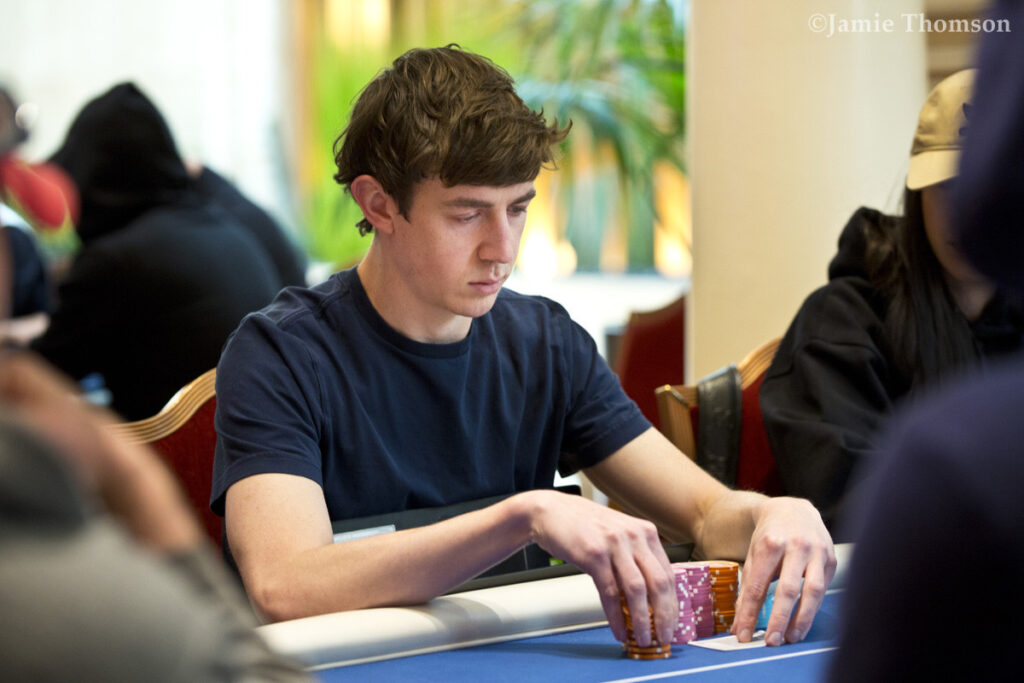
While a slow roll is always unethical and should be avoided in all cases, there is no shame in taking your time and making your opponents believe you are thinking about a call or a raise when you know you have the best hand.
While some players might still hold it against you after the hand and claim you “slow rolled” them, taking longer time than necessary in any situation where there is a significant amount of chips behind cannot be considered a slow roll.
The only time you might be rightfully accused of a slow roll, although there was further action, is when you take an unusually long time to go all-in with your nuts against an opponent who has committed the vast majority of their chips to the pot.
The player is almost all-in already and will almost always put in their remaining chips. Even if they don’t, you will win the majority of their stack anyway, so you should act fast if your hand is that strong.
However, it is important to understand that a move can only be rightfully interpreted as a proper slow roll when the action is finished, and you are only taking your time to aggravate your opponent.
How to Avoid Slow Rolling in Poker
Now that you know what a slow roll is in poker, you probably get the idea why you should avoid it, as putting yourself in your opponent’s shoes should give you a good idea of exactly how it makes them feel.
But how exactly do you make sure you avoid slow rolling other players every single time? Just follow a few simple rules, and you will be fine:
- If it’s your turn to show your card, show them right away
- If you have the nuts at showdown, show it right away
- If you are last to act and your opponent bets their last chips, call and show right away
Players often justify their slow rolling by saying they “wanted to see what they had” and other similar arguments, but the truth is the information you gain is usually not valuable enough to slow roll someone.
In fact, most pros know this quite well and never slow roll their opponents or even request them to show their hand when they technically should by the purest interpretation of the rules of poker.
Remember that poker is a social game, and your opponents don’t want to feel embarrassed or be given false hope for no reason. Play poker in an ethical way, and you can expect everyone else to treat you with respect as well. Do otherwise, and don’t be surprised if you are slow rolled right back in another hand or even verbally or physically abused in extreme cases.
Should I Ever Slow Roll Someone?
Technically speaking, the answer to this question is no! You get no strategic advantage by slow rolling players, and the only thing you achieve is making enemies.
However, if you like to think of yourself as a social justice warrior of sorts, there is an acceptable scenario in which slow rolling another player can be reasonable.
If you are up against a player who often slow rolls his opponents, has recently slow rolled you or another player, or has a tendency to act in other unethical ways at the table, a slow roll may be in order.
However, make sure not to do it too often, even against these types of players, as too much slow rolling leads to a tense atmosphere at the tables and is not healthy for anyone involved.
